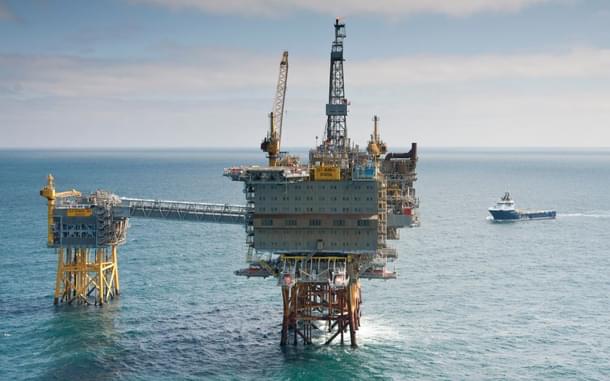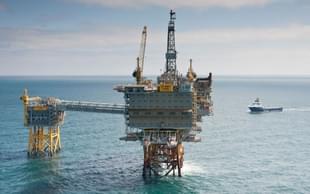News Brief
Polish PM Mounts A Scathing Attack On Norway For Profiteering From Russia's Invasion Of Ukraine, Calls For Sharing Windfall Gains From Oil And Gas Sale
India Infrahub
Jun 07, 2022, 11:33 AM | Updated 11:33 AM IST
Save & read from anywhere!
Bookmark stories for easy access on any device or the Swarajya app.


Poland’s prime minister Mateusz Morawiecki has urged Norway to share the huge profits it has made from oil and gas exports since the Russian invasion of Ukraine.
“They should share these excess profits. It’s not normal, it’s unjust. This is an indirect preying on the war started by Putin,” Morawiecki said during a meeting with a youth group. “But should we be paying Norway gigantic money for gas — four or five times more than we paid a year ago? This is sick,” Morawiecki said.
"Write to your young friends in Norway…They should share it, not necessarily with Poland [but] for Ukraine, for those most affected by this war. Isn’t that normal?” the Polish prime minister added.
By end of this year, Poland is set to complete a gas pipeline (Baltic Pipe Project) from Norway that it hopes will reduce its dependence on Russian energy supplies. Russia cut supplies last month to Poland as the later refused to pay in rubles. Poland has been often advocating the need for Europe to cut its reliance on Russian gas claiming that Moscow takes advantage of energy to gain influence in the EU.
Norwegian Foreign Minister Eivind Vad Petersson however has rejected Polish Prime Minister Mateusz Morawiecki’s accusations that his country benefits from Russia’s invasion of Ukraine, Norwegian public broadcaster NRK reported.
“The excessive earnings from selling oil and gas are put mostly in the Government Pension Fund (also known as the Oil Fund) for the next generations,” Vad Petersson said, quoted by NRK. While admitting that “the income from oil has increased” as a consequence of the war in Ukraine, he argued that “since the beginning of the year the fund’s worth has dropped by about 550 million NOK (about €53.6 million)”.
Despite positioning itself as one of the climate leaders of the world, and among the countries to ratify the Paris Agreement, Norway has been accused of following an aggressive policy of expanding its oil and gas industries. It has ramped up its exploration licensing exponentially over the past 10 years,




